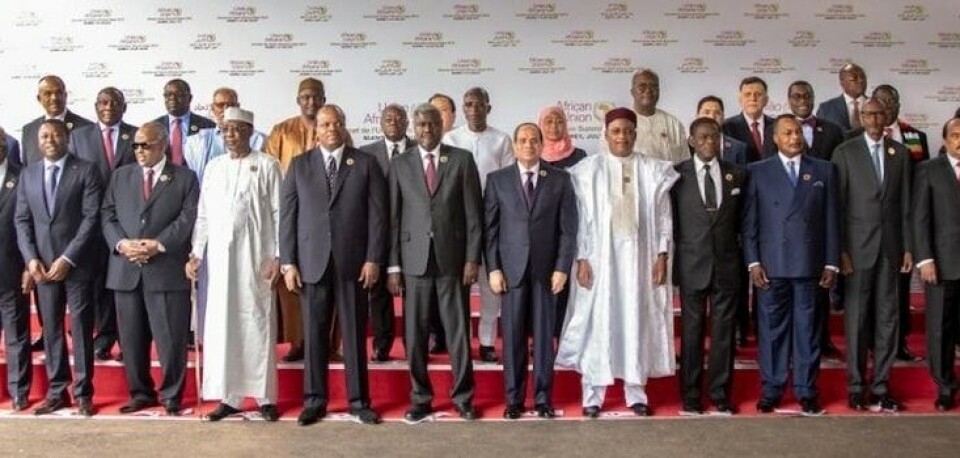At the just concluded 12th Extraordinary Session of the African Union (AU) Heads of State and Governments in Niamey, Niger, Africa's largest economy, Nigeria, officially signed the African Continental Free Trade Area (AfCFTA) agreement, as the 53rd signatory. This outcome came after 18 months of deliberations with interested stakeholders on its impact and readiness for this agreement. Benin also signed at the summit, leaving Eritrea as the only African country yet to sign.
The AfCFTA has officially become the largest free trade agreement since the World Trade Organisation (WTO) agreement in 1995, with about 1.3 billion Africans and a combined GDP of over $3.4 billion. The agreement is a big step in the right direction for Africa’s pursuit of economic integration.
Momodu says lawyers need to be strategically poised for this next level of trade in Africa and will be crucial to the successful implementation of the AfCFTA.
“But to contribute to this success, they need to improve their knowledge of and competence in trade law and business, advocate for policy reform and be proactive in advising clients.”
Lawyers need to take up the challenge of learning about trade law and follow global trade debates, she says.
“As lawyers from developing African countries, we have the added responsibility to evaluate trade debates and trends using critical lenses, considering the power dynamics in the global trading system.”
Through their professional associations, lawyers must, in addition, continue to advocate for regulations and policies which improve the ease of doing business.
“This is also a prime time, as the Rules of Origin (RoO), which is the key instrument for determining eligibility for preferential treatment under the AfCFTA, is currently being negotiated,” she says.
“A direct implication of the AfCFTA will be increased regulatory competition among African countries. It is only natural for investors and entrepreneurs alike to be more inclined to locate or operate their business in a country with a more favorable regulatory climate.”
Lawyers have an added responsibility to be proactive while advising their clients, in light of the AfCFTA.
“This could be on tough trade decisions surrounding questions like, for instance, How can clients increase their share of regional and continental markets? What immediate strategic decisions do clients need to take to position themselves for cross-border growth? What legal impediments might they face? By thinking ahead of clients, lawyers are not only adding significant value but will also be catalysts for the private sector involvement that is required for the AfCFTA to succeed.”
The full commencement of trade within the AfCFTA regions has been set at July 2020.

